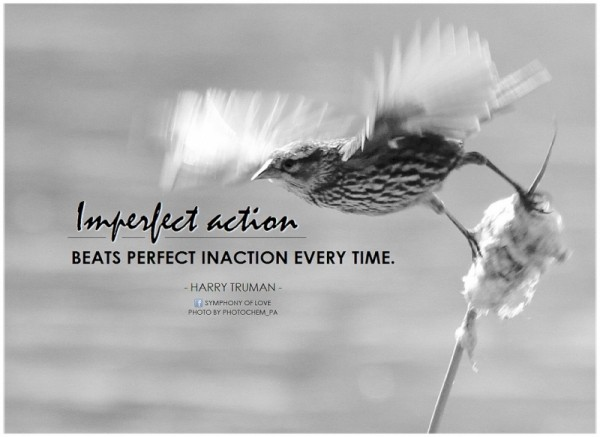
Have you ever noticed that there are some tasks on your to-do list have been there for a while? If you’re like most people, it’s easy to see an item on the list and put it off for another day. Then when that day comes along, you’ll move the task out even further. As time goes by, you may realize that you have carried it on your list for several weeks. Sometimes it’s a difficult conversation that you are procrastinating. Other times it is related to doing paperwork or getting organized or other non-rewarding tasks.
You may also notice that there are other things that you love to do that never get carried over the next day’s to-do list. As a matter of fact, I suspect that sometimes you actually complete them earlier than necessary. Why do we delay doing some things and tackle others immediately?
This often happens because we have a to-do list that reflects unrealistic expectations of what can get done in a normal day. If we lived on a deserted island with no phone or email, we might be able to accomplish the list in a day. But we live in a world of frequent interruptions, and should allow cushion in our schedule to accommodate those interruptions. However even if we were able to get through everything on our list, there are some things we would choose to do last because they are difficult, stressful, or are just plain boring!
If you recognize that you are a procrastinator, what can you do? Here are a number of suggestions that have worked for me over the years:
- Delegate those tasks to someone who works for me
- Outsource the tasks to a company or person who does it well
- Barter with someone to trade tasks we don’t like to do. For example, “I will set up your spreadsheet if you set up my filing system.”
- Create a reward system: “If I get this task done on time the first day, I will reward myself with a chai tea latte.”
- Do the undesirable first – before working on something I enjoy
- Schedule a regular time in my calendar in which to accomplish those tasks.
Years ago, I used to let my office get messy with piles of paperwork and work that was partially done. I could not seem to get to the task of cleaning and organizing during the work day. Even if I stayed late on most weeknights, others were working late and interrupted me. I learned that everyone left at 5pm on Friday, and I had a nice, quiet environment in which to roll up my sleeves and get this done. I also could go home over the weekend without the nagging feeling of piles and a messy desk awaiting me on Monday. Then when I arrived at work on Monday, I could walk in and feel relaxed because I had a clean desk to start my week. It really reduced stress in many other ways – I was more efficient and could find information more quickly during the week, so I could get things done more quickly.
At another company, I used to arrive 1.5 hours before everyone else, and shut my door, turn off the email sound and my phone, and tackle the most important priority for the day. It was amazing how much I could get done in that 90 minutes of uninterrupted, focused time. The same thing can occur if you work from home for a morning each week.
I have come to love the feeling of getting things done right away. I have learned that it’s much easier to block out time in my calendar to get things done than to deal with the subtle stress of carrying things over on a to-do list. I have created a follow up system to easily track the things I am waiting on from others. And I now have much more realistic expectations of what I can accomplish in a day. Now it’s time for that chai tea latte…










